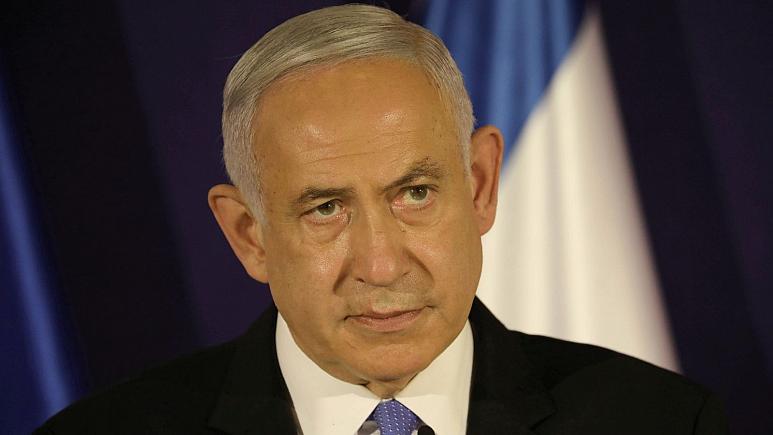Ali Abdi told the Strategic Council on Foreign Relations that Netanyahu has been once again mandated with forming the Israeli cabinet, adding that “conditions for Netanyahu are not appropriate and with the present circumstances it is highly unlikely he can form the government.”
Referring to the political conditions in the Zionist regime and the combination of the votes of various parties in the recent parliamentary elections, he said “if the seven seats of Yamina Party belonging to Naftali Bennett are added to Netanyahu’s Likud Party, he will gain 54 seats, still in short of seven seats to form the cabinet. Under these conditions, the Likud members have proposed that Netanyahu be chosen for President as the tenure of Reuven Rivlin has ended and someone else from the right wing or the Likud Party assumes the post of prime minister.”
The short life of the probable future government
This analyst of the Zionist regime issues said Netanyahu had previously rejected this proposal; however, given the present conditions, he has not yet indicated serious opposition and is apparently considering this proposal of presidency.
“These conditions will provide two options; even if Netanyahu is able to form the government, it will not have a better outcome compared to the previous cabinet and therefore his government will not last more than several months.”
He emphasized that Netanyahu is a very dictator and selfish personality and would not reach reconciliation with anyone because of his selfishness and of course the interference of his wife Sara Netanyahu in the political affairs of Israel.
“Therefore, one should be aware of the political deadlock and its costs as well as domestic challenges and hurdles for Netanyahu, the people of Israel and the Zionist entity. The continuation of the status quo will exert double pressures on Netanyahu as all costs and problems have been blamed on him now and in the public opinion of the Zionist regime, his hunger for power is being blamed for the present political deadlock.”
Ntanyahu is on the decline
Abdi referred to the drop in the rate of participation in the recent parliamentary elections and said the right wing is declining step by step and Netanyahu is far from his peak of popularity and is therefore on the decline.
This expert of Zionist regime issues also envisaged another scenario in which another round of elections might be held. If this happens, it will be fifth Knesset elections in one year.
“If there is another election on the agenda, the status quo may be repeated. It all depends on the Netanyahu himself. He understands the conditions and he needs to create a balance. He cannot ignore the present conditions,” he said, referring to Netanyahu’s foreign policy especially on Iran which encourages him to maintain his grip on power.
Netanyahu is to blame for prolonged political deadlock
This expert of Zionist regime developments said “it seems that the election of Netanyahu to form the cabinet will not resolve any issue and under the present circumstances, political groups and some parts of the public opinion inside Israel have reached the conclusion that Israel should continue its path without Netanyahu and he should not put further burdens on the regime.”
According to Abdi, Netanyahu is highly likely going to ask for concessions about his corruption allegations and court cases that he wants closed during or after his presidency so that other political parties in Israel such as the right wing could continue their presence.
Netanyahu’s efforts to abolish prosecution on his corruption case
Abdi said Israel’s Judiciary is not able enough to stand against Netanyahu and is seeking a leverage of pressure.
“The Judiciary cannot definitely act against Netanyahu as long as he is in the Knesset unless he resigns from power. Netanyahu is aware of this and would therefore want to continue his grip on power to evade prosecution and punishment for corruption. If he is provided with proper guarantee in this respect, he would resign as prime minister. ”
He said if Netanyahu is not provided with any guarantee, the present conditions will continue as he is absolutely narcissist and cannot tolerate any confrontation especially as the court has obligated him to be physically present in the sessions.
“Therefore, it seems that under the present circumstances, there is no better option for him to close his court cases and abolish corruption charges and continue his power this time as the president of the Zionist regime.”










0 Comments